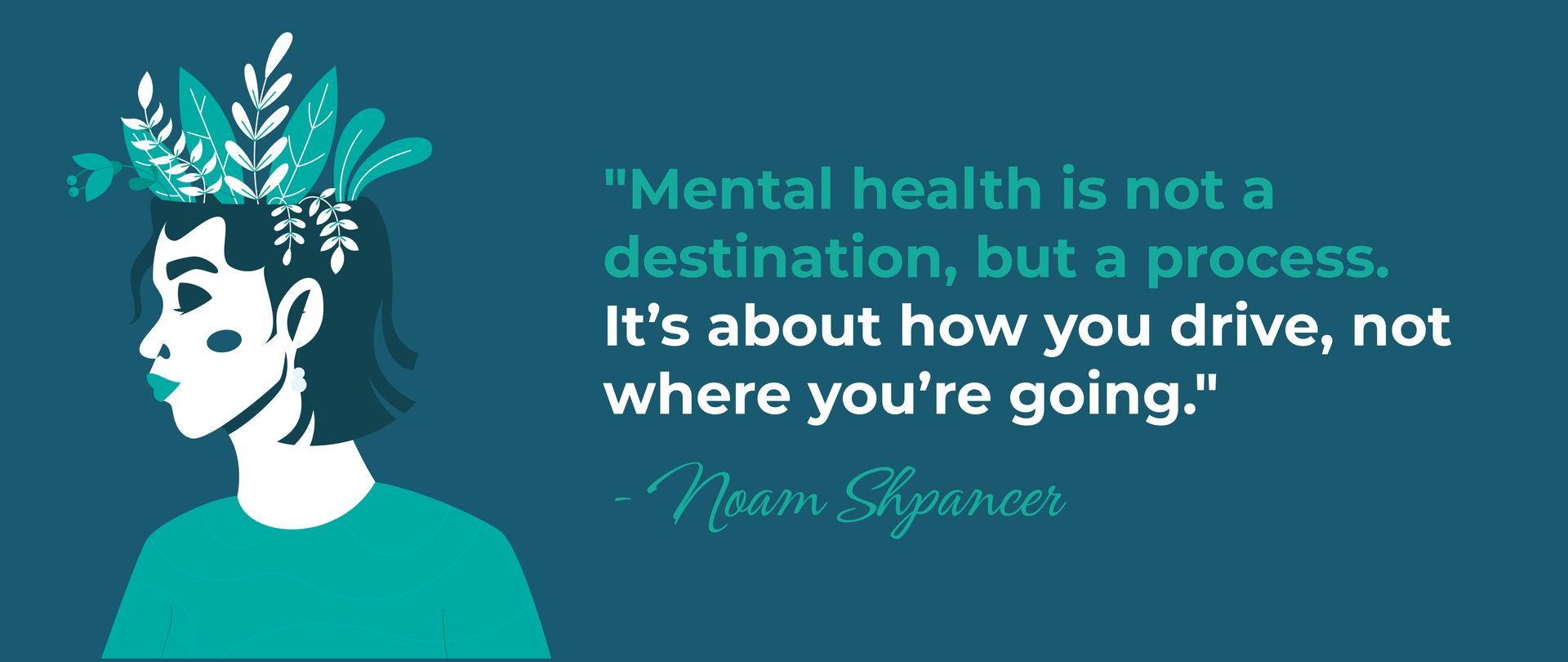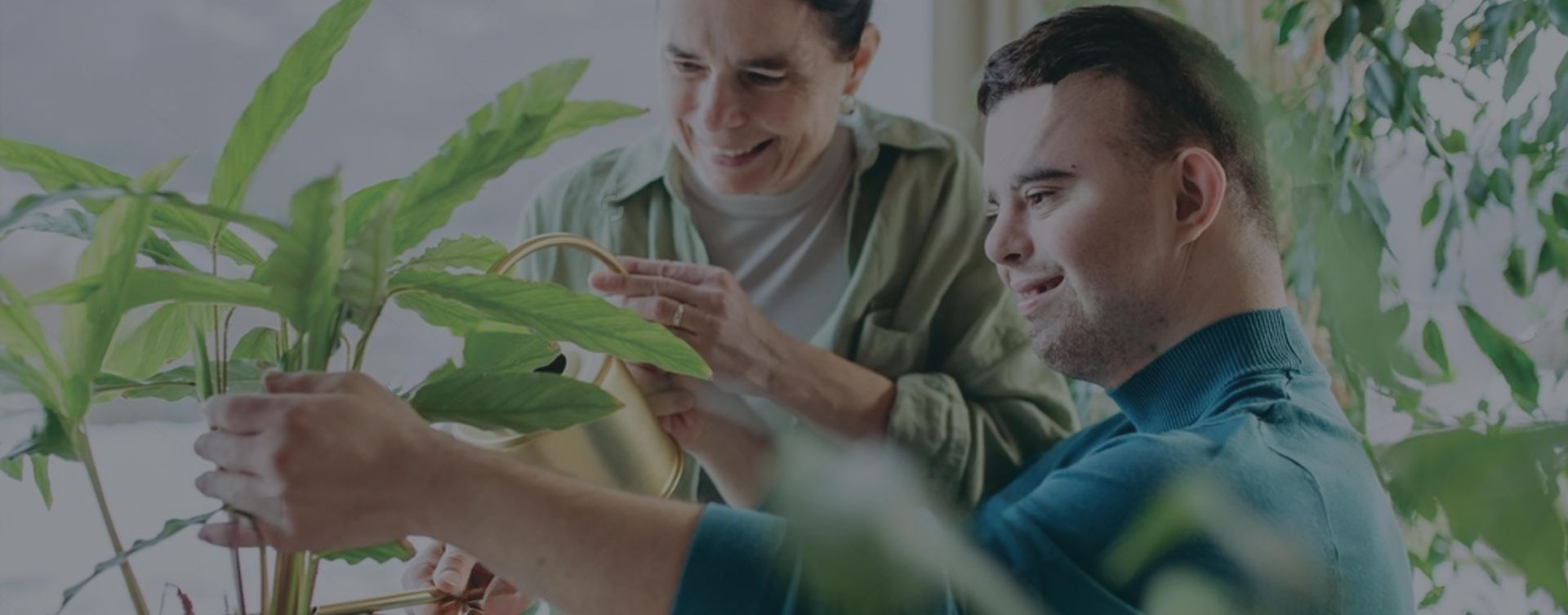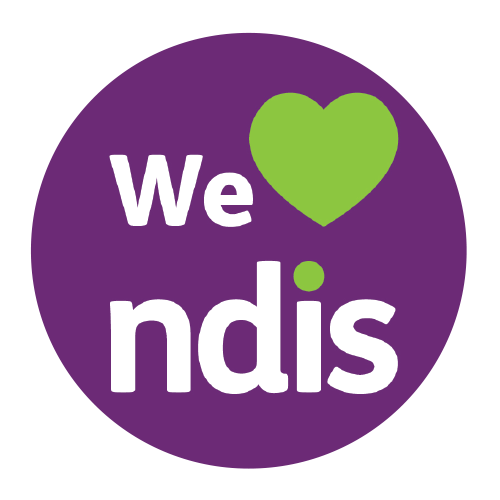Mental Health Check In
Let’s Check In, Healthcare Workers...
As we hit the halfway mark of the year, May serves as a crucial reminder to pause, reflect, and check in — not just with ourselves but with those around us.
Why It Matters to us:
Mental health challenges are far more common than many realise.
One in five Australian adults will experience a mental illness in any given year. Over the course of a lifetime, 45% of Australian adults will be affected by mental illness in some way. This includes anxiety disorders, mood disorders (like depression), and substance use disorders, all of which have become increasingly prevalent.
These statistics speak to an urgent reality — mental health affects nearly half of the Australian population. It’s not just an individual concern; it's something that touches families, communities, workplaces, and healthcare settings across the country. And it’s especially important to address in professions where emotional stress is part of the daily routine, such as healthcare.
Why Healthcare Workers Are Most Affected
The healthcare industry is one of the most emotionally taxing fields. Healthcare workers are often on the frontlines of life-and-death situations, providing care to people who are suffering physically and emotionally. The compassion required can take a toll on their own mental health. When you’re always caring for others, it’s easy to forget to care for yourself.
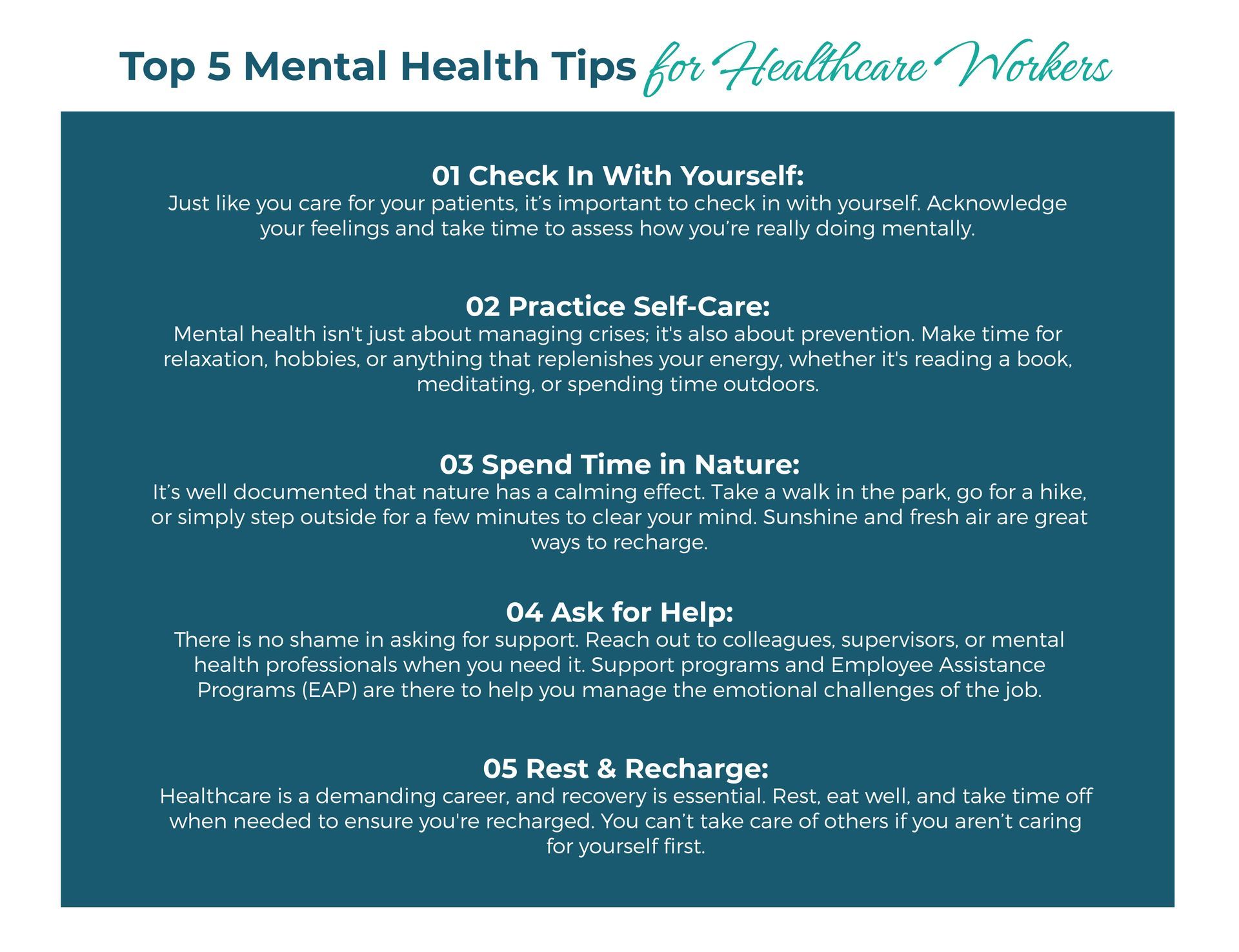
Let's remember that mental health affects us all — but especially those who dedicate their lives to caring for others. For healthcare workers, taking care of your mental health is just as important as your physical health. Your well-being should always be a priority, not an afterthought.
So take a moment this time to check in — with yourself, with your colleagues, and with those around you.
For more help lines:
Resources:
https://www.abs.gov.au/statistics/health/mental-health/national-study-mental-health-and-wellbeing/latest-release
